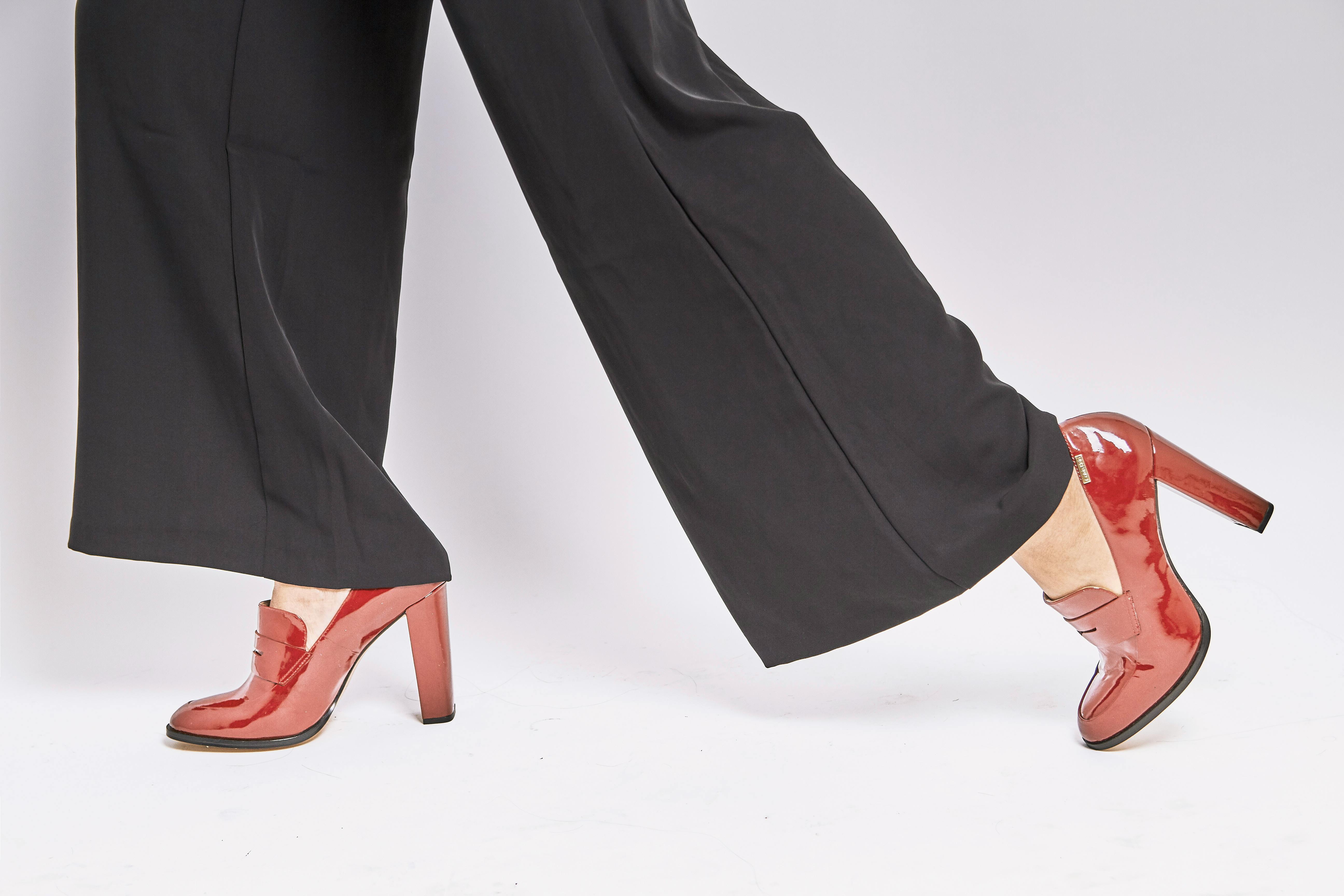Renaissance superstitions presented people with a confusing mix of enlightened knowledge of science, plus beliefs in supernatural and pagan influences beyond one’s control. The Renaissance period is loosely associated with Europe from the 14th to the 17th century. As an attempt to wrest control from a seemingly uncontrollable world, people’s Renaissance superstitions attempted to bring good luck, health, and prosperity and ward off bad luck, evil spirits, and disasters.
lucky and unlucky
Many elements associated with luck have their origins in the superstitions of the Renaissance. If someone fell off a horse, received bad news, or got hurt, they would write down the day and time, and from then on they would consider that day and time unlucky and avoid important activities. Putting on a garment inside out meant that the rest of the day would be bad luck. Horseshoes, clover, silver, and iron were lucky charms, while spilled salt, black animals, and certain days of the year were definitely unlucky.
ghosts and witches
Renaissance people feared a host of supernatural beings, blaming them for everything from diseased animals and crop failures to major storms and fires. The ghosts were spirits that could not rest and visited the living in search of revenge or to finish something. Witches sought to lead people to the devil and were thought to mix potions, turn into animals and cause mischief. Fairies, demons, and goblins also caused people living in the Renaissance era to participate in rituals to protect themselves from everything from fairy visits to ghost encounters.
astrology
The position of the planets and other celestial bodies played an important role in Renaissance beliefs. Important activities such as coronations, battles, and business were never planned without renowned astrologers to set the time and date according to their stargazing. Horoscopes were also important to people in their daily lives, when they got married, who they did business with, and even what to expect in their future. Eclipses were considered bad omens, while the appearance of certain constellations heralded a season of fortune.
health superstitions
Because hygiene and sanitation were generally poor, disease was common, and many illnesses today considered minor often resulted in death. Illnesses and infections were blamed on witches and bad moods. Therefore, a lot of superstitions arose about how to maintain health. Totem poles, amulets, charms, and even special prayers or chants were used to ward off ill health or try to heal already sick people. Many Renaissance-era people believed that ill health was also the result of sin and turned to the Catholic Church for blessings and prayers for healing.




